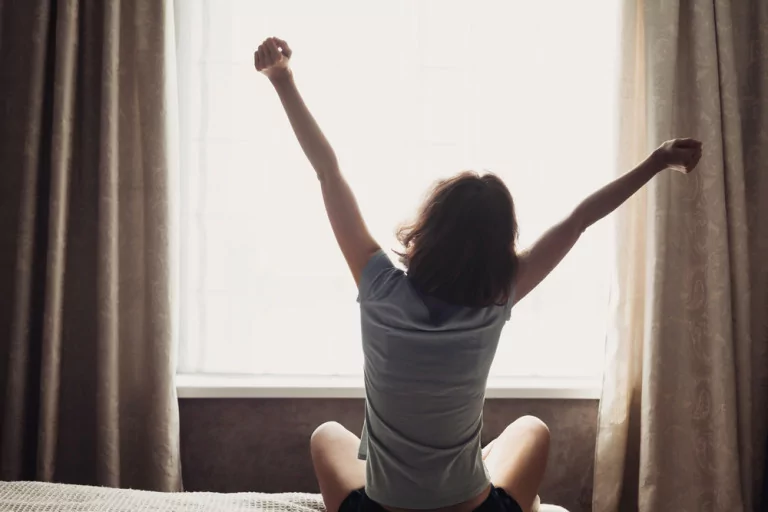
Often, when people begin to suffer from snoring or obstructive sleep apnea (OSA), we may need to prescribe an oral appliance to offer relief. However, sometimes our patients may need to actually change the way they get ready for bed each night. In today’s blog, your Pearland, TX, dentists will look at positive changes you can make to your sleep routine.
Your Diet
What you eat or drink in the two to four hours before bed can have a major impact on your ability to rest. For example, consuming a large meal right before bed can keep you up, as will enjoying beverages with high amounts of caffeine, such as soda or coffee. Excessive amounts of alcohol may make you feel sleepy, but you then have difficulty reaching the REM stage of sleep, and may be more likely to experience apneic episodes. Be aware of what you’re eating in the last few hours before you go to sleep!
Getting Ready for Bed
In the two hours before bed, try to avoid vigorous exercise. When you lay down, avoid screens. The blue light emitted from your smartphone could trick the brain into thinking its daylight, causing you to have trouble falling asleep. Looking at TVs and computers right as you fall asleep could also have a negative impact on your rest.
We also suggest making sure your bedroom is dark and cool. When you lay down, rest on your side and not your back. When you lay on your back, the chances of an apneic episode occurring become much more likely. A routine sleep schedule can also help, which means going to bed and waking up at the same times every day, even on weakens and holidays. Over time, you may find you have an easier time falling asleep!
Signs of Trouble
When should you see your dentist for a diagnosis or to discuss treatment for snoring, sleep apnea, or poor rest? Common warning signs include dry mouth when waking up, headaches during the day, daytime fatigue and irritability, and trouble concentrating on tasks at work or school. You may also wake in the night gasping for air or choking. If you begin to experience these potential warning signs, then contact our team today. We can diagnose the cause with a comfortable home sleep test, and treatment may include a custom-made oral appliance instead of a cumbersome and loud CPAP machine. If you have any questions about OSA, then contact our team today.
Do You Need Treatment?
Our team wants to offer solutions for your sleep disorders and snoring, helping you rest easier. To learn more about our diagnostic options and treatments, call Houston Sleep Solutions in Spring, TX, at (281) 320-2000, or in Pearland, TX, at (832) 564-3508.
